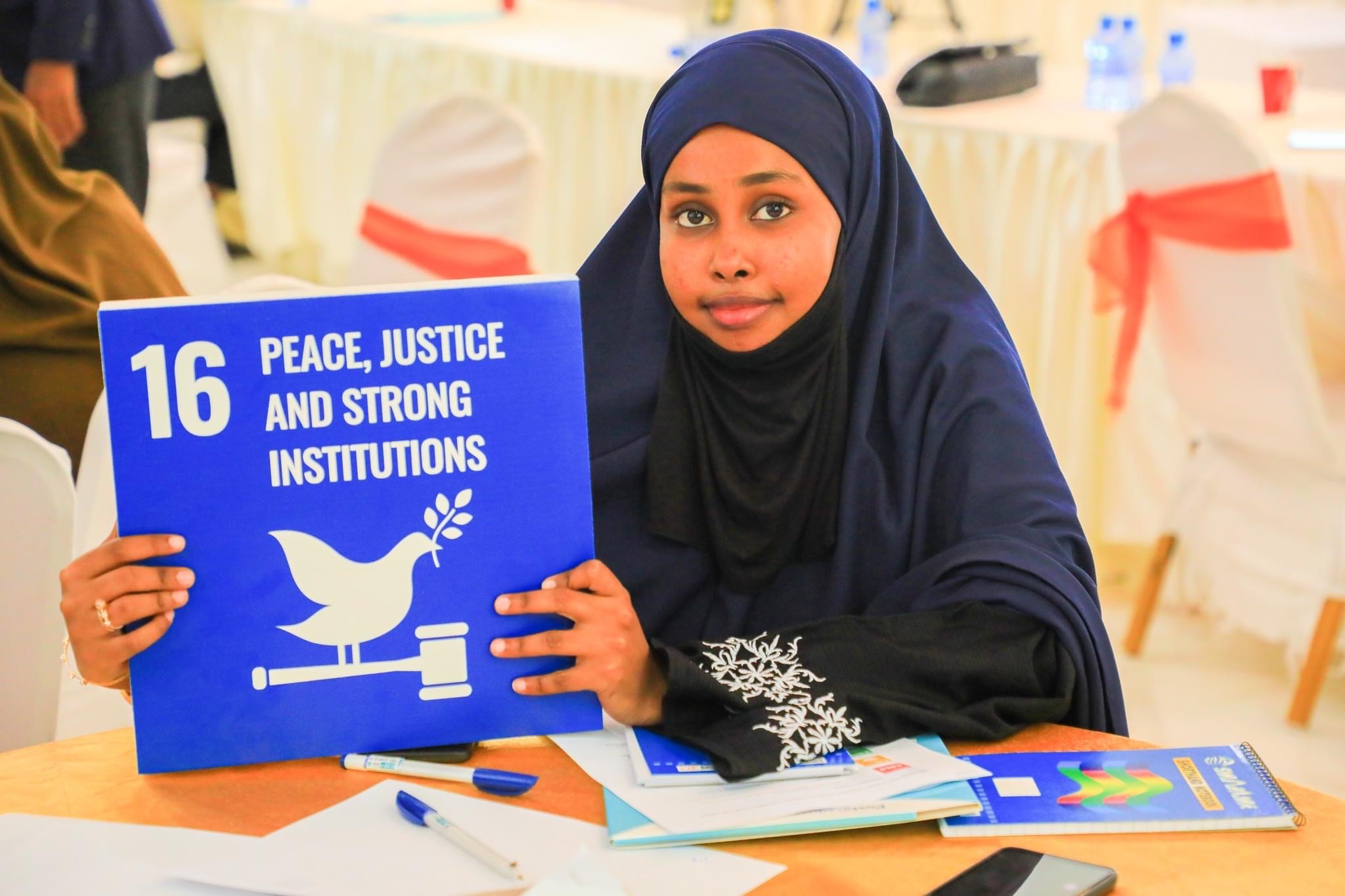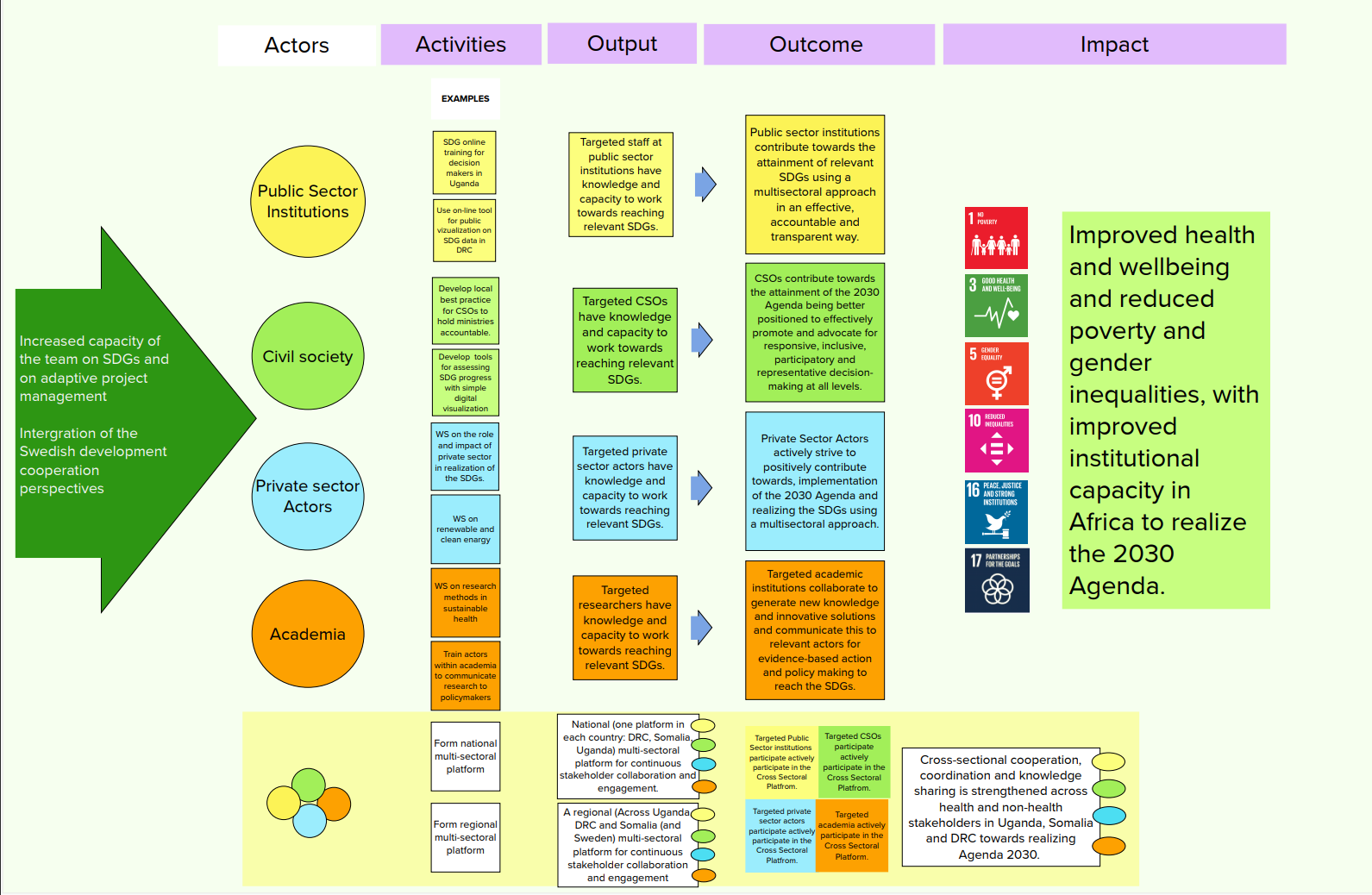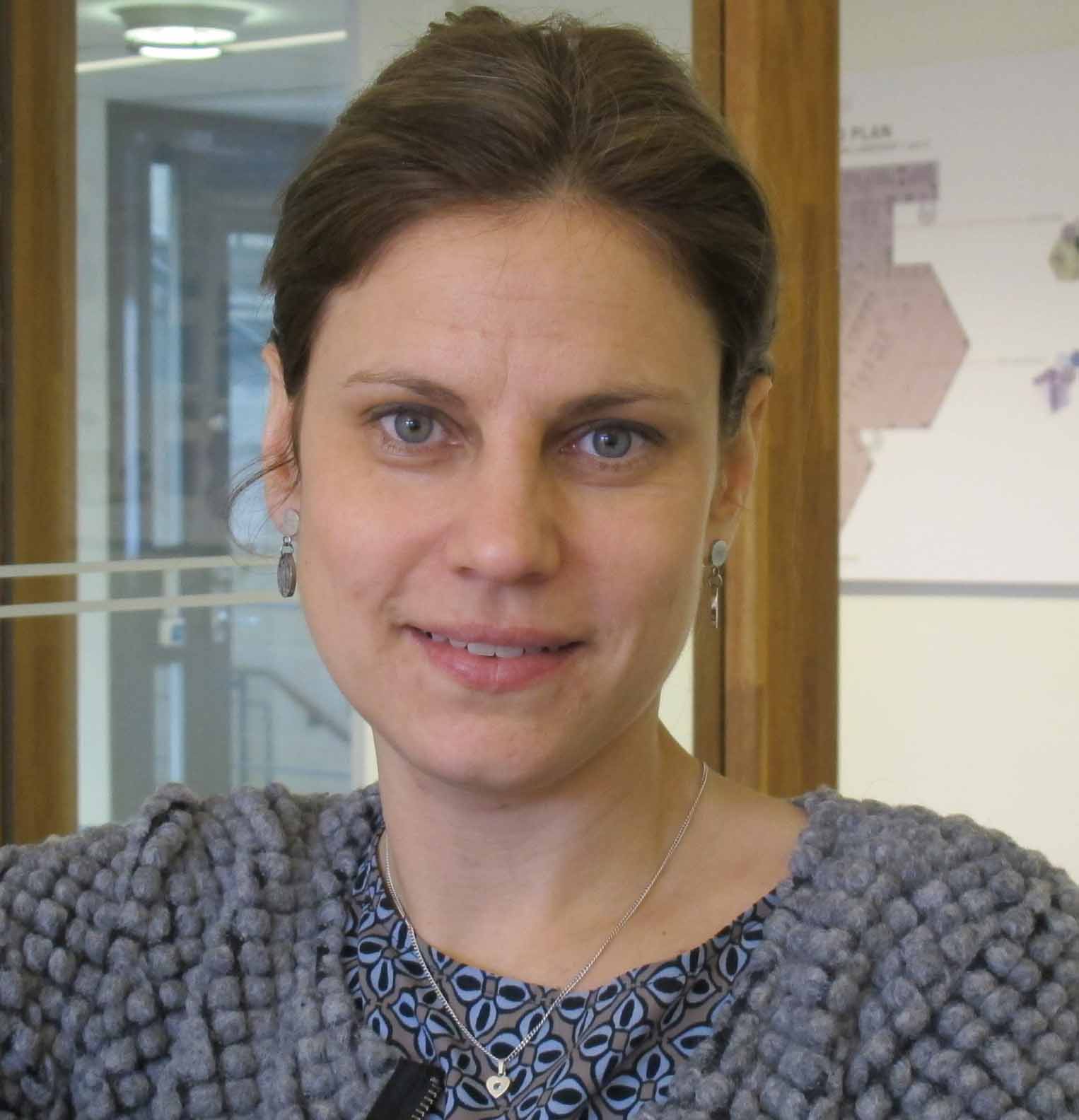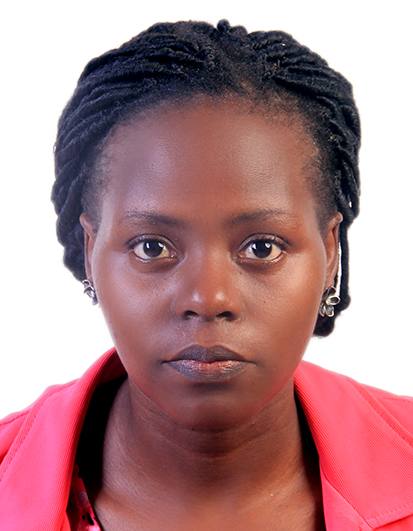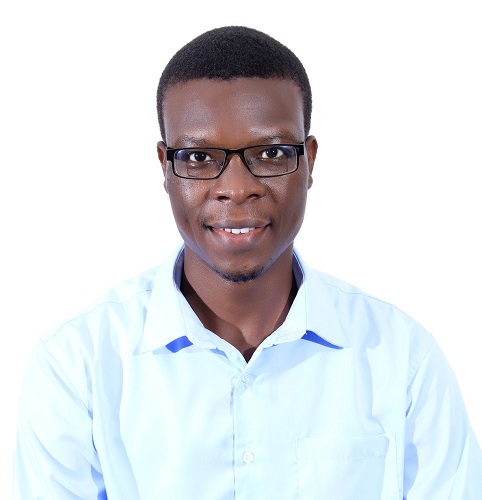Building Capacity for Sustainable Development in Fragile States (SDGCap)
A capacity development program that operated in the Democratic Republic of Congo, Uganda and Somalia. The program aimed to lead a broader development agenda in Africa through health and well-being, and support the implementation of the 2030 Agenda for Sustainable Development.
Key facts:
- The program has been implemented during 2021-2023 with financial support from Sida. Read a Final Report
- It is a cooperation between Karolinska Institutet in Sweden, Makerere University in Uganda, Benadir University in Somalia and University of Kinshasa School of Public Health in the Democratic Republic of Congo
-
Read news about SDGCap
Fatima Ali, Secretary Faculty of Political Science, Benadir University. Photo: Dalmar Tahliil.
SDGCap in media
Impact of the project
The SDGCap project has been implemented during 2021-2023 with financial support from Sida to foster sustainable development in Africa through health and well-being, focusing on the Democratic Republic of Congo (DRC), Somalia, Uganda, and Sweden. The project successfully established a multisectoral collaboration between universities from these countries—Makerere University (Uganda), Karolinska Institutet (Sweden), Benadir University (Somalia), and the University of Kinshasa (DRC)—bridging north-south and south-south partnerships.
In its 2,5-year span, the project achieved significant progress towards its goal of improving health, well-being, and reducing poverty and gender inequalities by building institutional capacity to meet the UN's 2030 Agenda. It executed about 70 activities across public, private, academic, and civil society sectors, focusing on strengthening collaborations across sectors that had previously lacked interaction.
The SDGCap project has influenced institutional change through targeted interventions:
-
Uganda:
-
District governments, previously disjointed, now collaborate across sectors, aligning their plans and budgets with the SDGs
-
Capacity building has improved monitoring and evaluation of SDG progress, with districts integrating SDG targets and setting aside funds for annual voluntary local reviews
-
-
Somalia:
-
The project facilitated partnerships between academia, public, and private sectors, reducing silos and promoting public-private partnerships (PPP)
-
Benadir University (BU) has collaborated with the Ministry of Planning and Statistics, contributing to national SDG reviews
-
An Innovation Hub has been created at Benadir University
-
A new PPP department was established at the Ministry of Health, driven by the project’s advocacy
-
-
Democratic Republic of the Congo (DRC):
-
The project raised SDG awareness among government stakeholders, leading to increased collaboration and data management efforts
-
A national SDG dashboard was developed and a multisectoral platform was created during the National Forum on SDGs initiated by the SDGCap project
-
The project empowered the OCDD to strengthen its role in monitoring progress and engaging new stakeholders
-
Academia as a Catalyst for Change
A key success of the SDGCap project was academia’s role as a neutral facilitator for multisectoral collaboration, building connections with national stakeholders like the Ministry of Planning in the DRC, Uganda’s SDG Secretariat, and Somalia's Ministry of Health. Achievements were tailored to each country’s needs:
-
in the DRC, the project launched the first National SDG Forum and developed a digital SDG dashboard for transparency
-
in Uganda, it strengthened district-level capacity and integrated academia as an actor into Local Voluntary Reviews
-
in Somalia, it promoted innovation, student employability, and established a Public-Private Partnership department and Innovation Hub.
Overall, the project helped catalyze multisectoral collaboration, with academia serving as a mediator, contributing to national SDG reviews submitted to the UN, and laying a strong foundation for sustainable development in all three countries. Moving forward, a more focused scope, along with strengthened evaluation, is recommended for future phases to achieve even deeper and more tangible outcomes.
Meet Irene Wanyana
Irene is a project lead team member for the Building Capacity for Sustainable Development in Fragile States (SDGCap) project within the Centre of Exellence for Sustainable Health. In this video she is presenting some of the activites involving youth engagemnet for sustainable development in Uganda.
Theory of Change
The projects’s theory of change (ToC) is based on an actor focused approach capturing the pathways of change for the targeted actors and institutions in the program. The pathways of change in the ToC have the ambition to capture the general change process and specifically changes in behavior and action of each of the targeted actors.
It also describes the envisioned collaboration between different actors in the multi sectoral platforms which forms the basis for the whole project. The focus is on the expected change in behavior in the participants as a consequence of them participating in the platforms and other joint activities.
Impact
The intended impact of the program is to reach improved health and wellbeing and reduced poverty and gender inequalities, with improved institutional capacity in Africa towards the realization of the 2030 Agenda.
Activities & Outputs
The project activities consist of trainings, workshops, networking and research exchanges to develop capacity in areas such as evidence-based decision-making, multisectoral work, implementation knowledge and visualization and use of data.
The output is that the targeted actors have knowledge and capacity to work towards reaching relevant SDGs.
Outcomes
The program has five expected outcomes one for each targeted actor (as can be seen in the ToC figure) and one for the collaboration in between them, the multisectoral platform which is: cross-sectional cooperation, collaboration and knowledge sharing is strengthened across health and non-health stakeholders in Uganda, Somalia and DRC towards realizing 2030 Agenda.
Publications and reports
Egbende, L.; Helldén, D.; Mbunga, B.; Schedwin, M.; Kazenza, B.; Viberg, N.; Wanyenze, R.; Ali, M.M.; Alfvén, T. Interactions between Health and the Sustainable Development Goals: The Case of the Democratic Republic of Congo. Sustainability 2023, 15, 1259.
Adem R, Nor H, Fuje M, Mohamed, A, Alfvén T, Wanyenze R, Guled, Biday M, Viberg N, Helldén, D, Linkages between the Sustainable Development Goals and health in Somalia; BMC Public Health 24, 904 (2024)
Wanyana I, Helldén D, Ndejjo R, Murzabekov M, Alfvén T, Wanyenze K, Viberg N, Finding Linkages Between the Sustainable Development Goals Is Key to Attaining Health and Well-Being for All: A Semi-Qualitative Participatory Approach in Uganda. Accepted in bmjph-2023-000529.R1.
Final Report of the SDGCap project
Project team
Operated by Karolinska Institutet in Sweden
and Makerere University in Uganda

